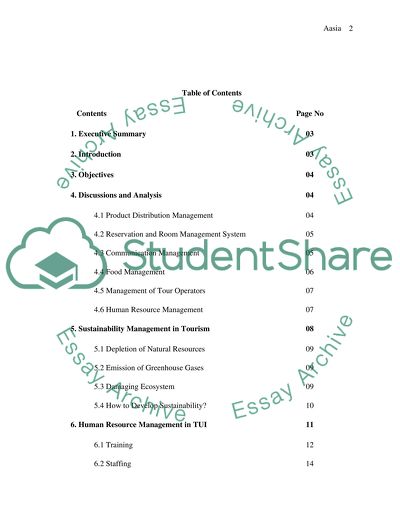Cite this document
(“Management Issues in Relation to International Travel and Tourism Essay”, n.d.)
Retrieved from https://studentshare.org/tourism/1438500-critically-assess-the-key-management-issues-in
Retrieved from https://studentshare.org/tourism/1438500-critically-assess-the-key-management-issues-in
(Management Issues in Relation to International Travel and Tourism Essay)
https://studentshare.org/tourism/1438500-critically-assess-the-key-management-issues-in.
https://studentshare.org/tourism/1438500-critically-assess-the-key-management-issues-in.
“Management Issues in Relation to International Travel and Tourism Essay”, n.d. https://studentshare.org/tourism/1438500-critically-assess-the-key-management-issues-in.


